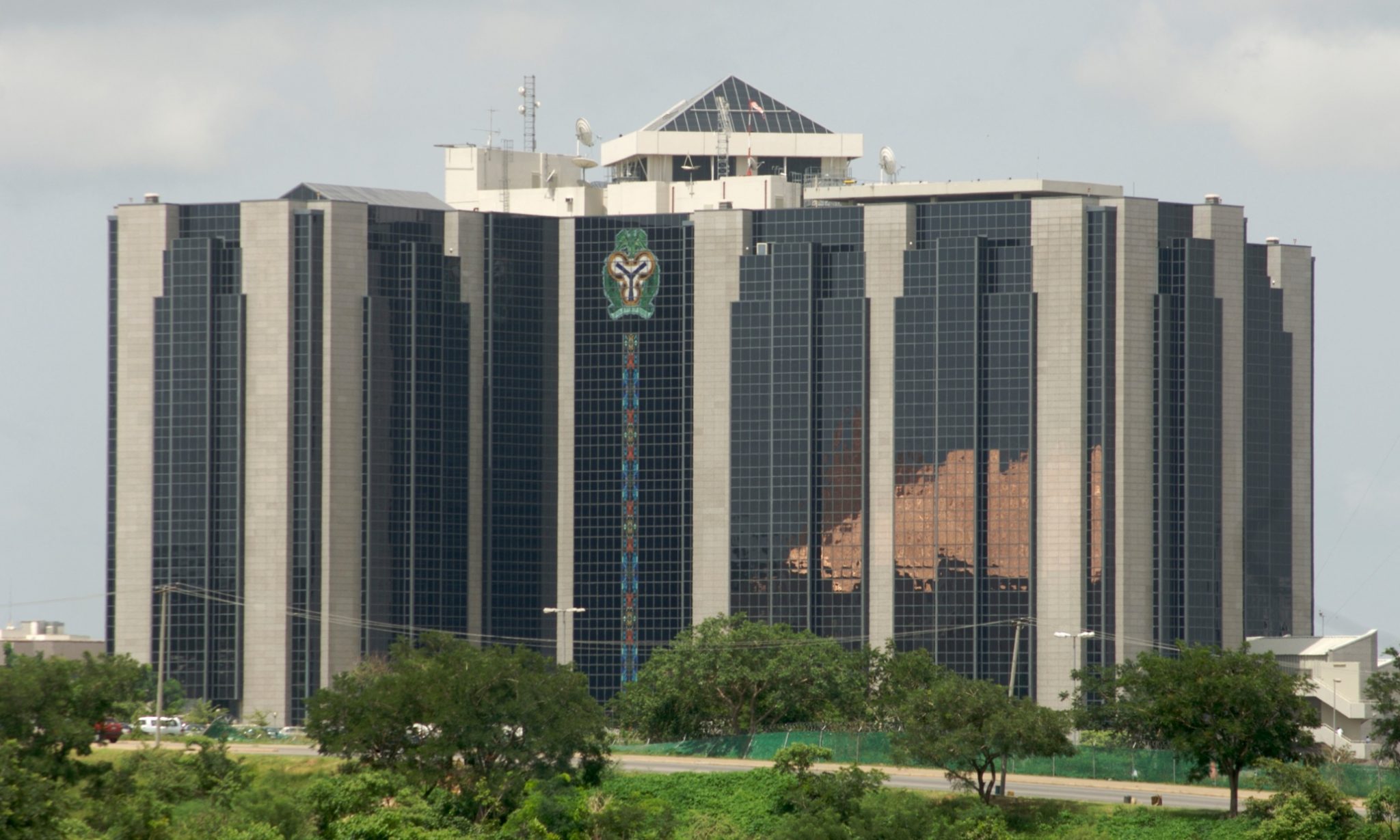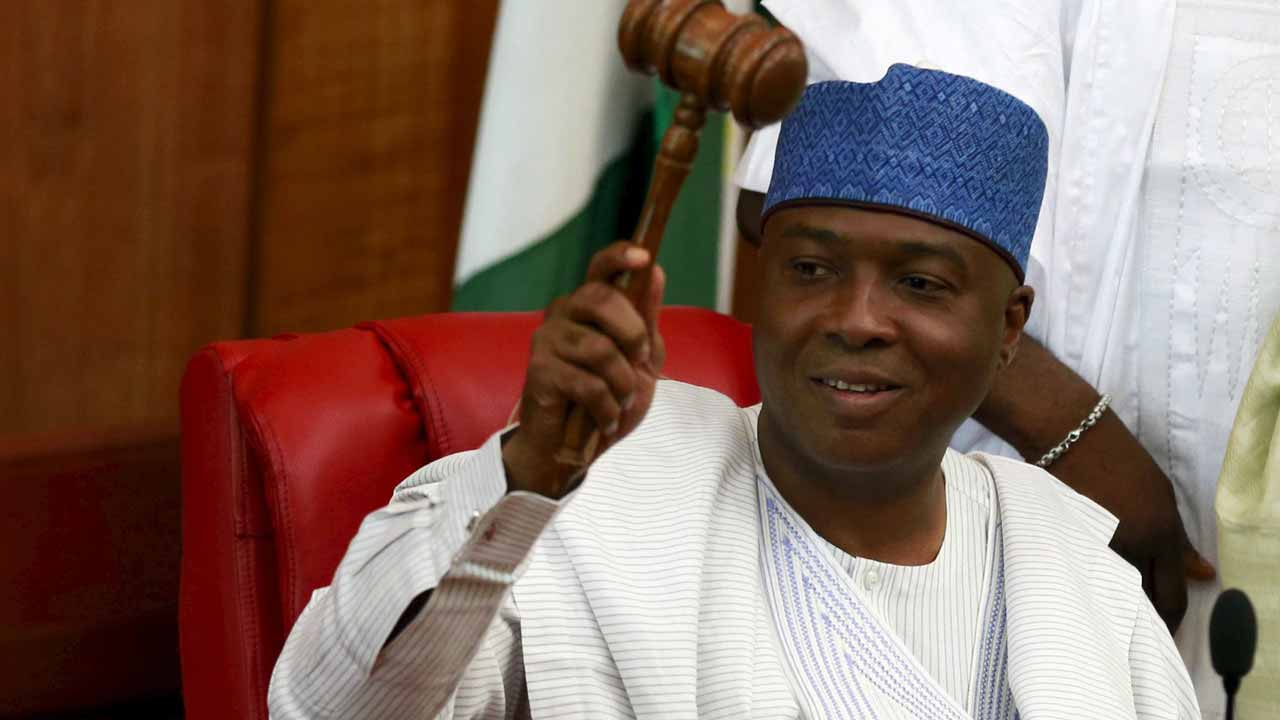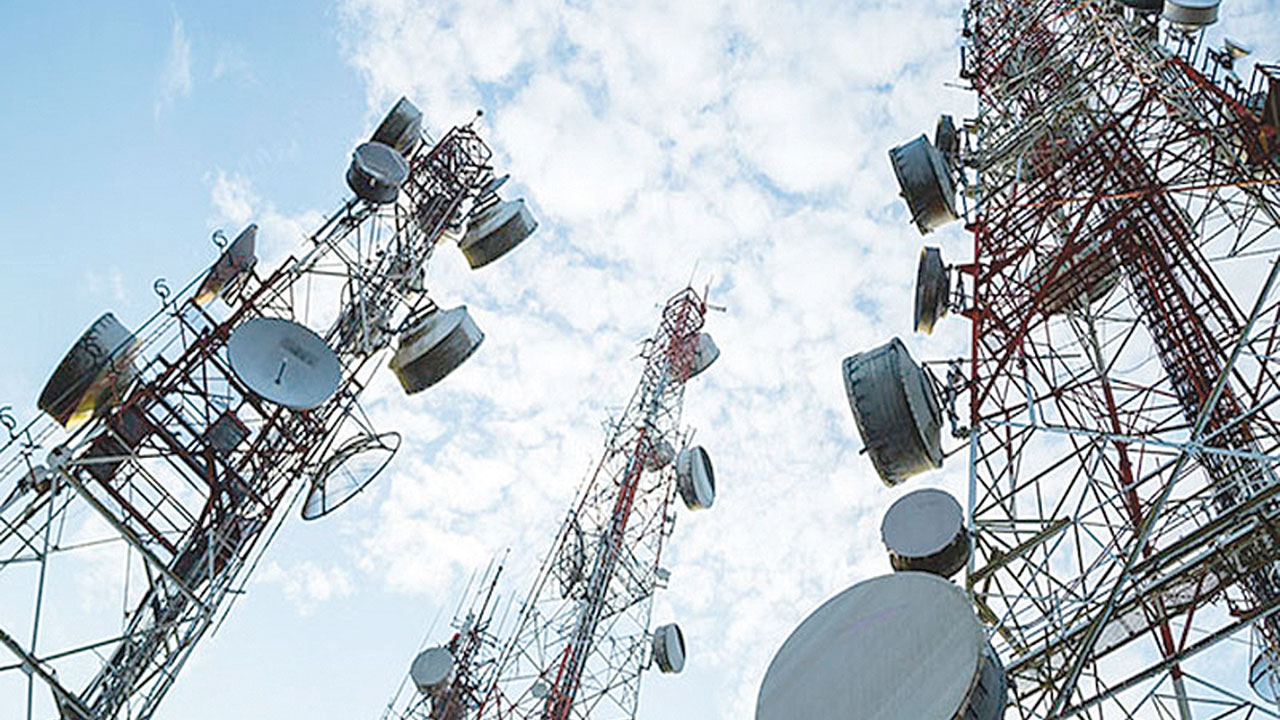By Magnus Onyibe
A certain chief executive officer of a first generation commercial bank, once made a remark that Agriculture has always been a key component of Nigeria’s GDP.
In a 2017 interview, he said “What hasn’t happened is to transition agriculture from subsistence farming to commercial farming”
“We import, I think, a shipload of rice almost every week. And for every shipload of rice imported to Nigeria, it’s costing us about 15,000 jobs”
“Importation of foodstuff into Nigeria is one of the biggest consumers of our hard-earned foreign currency. A country should, give or take, be able to feed itself. Especially a country that is as endowed as Nigeria”.
He concluded by saying
“So that is actually the revolution that is ongoing now: so that we begin to have agricultural enterprises that have the required skill to be able to compete globally”
That statement was inspired by the Central Bank of Nigeria, CBN Governor, Godwin Emefiele’s introduction of the Anchor Borrowers program which entails the setting aside and injection of a huge chunk of the N220b development finance intervention fund for medium and small scale enterprises into farming that has revolutionized rice farming and processing in Nigeria.
Before we go further on the positive outcome of the CBN driven Anchor Borrowers program, let’s briefly reflect on where the nation was in economic terms before the emergence of the current regime.
Prior to the unprecedented defeat of the incumbent president of Nigeria, Goodluck Jonathan by then candidate Muhammadu Buhari in 2015, he was anti establishment.
But since he became president three years ago, Buhari has become the establishment.
That transformation from being an anti establishment figure to being the establishment did not happen in isolation as a lot of actions and inactions reflecting his sunny and dark sides have conspired to cast him in the mold that he is now being perceived by both antagonists and protagonists.
Most of the policy actions (some good and others not so good) taken by president Buhari in the past three years of holding sway at Aso Rock villa are well documented and the details of which need no further elucidation .
But allow me just highlight a few of the signature or flagship policies that have impacted Nigerians both positively and negatively.
I would like to commence from the restoration of the ailing economy which is the number three in the hierarchy of President Buhari’s three prong development agenda of which anti corruption war, and security of lives and property are the number one and two respectively in terms of hierarchy.
At this juncture to understand the underpinning principles behind some of the policies so far implemented , it’s important to put on record that prior to the ascension of Buhari to the seat of power , certain socioeconomic challenges were already setting in.lt may be recalled that as far back as 2002, the Revenue Mobilization and Fiscal Commisson, RMFC came out with a report that warned against our country’s over dependence and reliance on oil. In 2003, it repeated the warning. Thereafter, the coordinating minister of the economy in the immediate past regime , Ngozi Okonjo-Iweala in 2012 and 2014 , specifically warned that our country may be borrowing to pay salaries and that Nigerians should prepare for hard times in 2015, if certain underlying fundamental issues like over dependence on imports were not addressed.
According to the CBN governor, Emefiele, who in a very impassioned speech recently, condemned those deriding president Buhari as being an economic illiterate, it is mr president’s unique policy of localizing the Nigerian economy (against the grain of popular Western economic doctrines such as devaluation and floating of the naira) that’s responsible for the nation’s current economic resurgence.
In Emefiele’s view, the increase in industrial production capacity, the drop in unemployment and inflation rates which had ballooned last year, are solely owed to the dexterity of President Buhari whom critics had derided as lacking the capacity to steer the ship of the economy to safety .
To drive his point home, the CBN Governor, Emefiele went back on memory lane by cataloguing all the critical actions taken so far since Nigeria has been under the watch of Buhari as president.
The crux of Emefiele’s argument is that whereas former president Olusegun Obasanjo was able to save enough FX in excess of $64b which enabled him weather the storm during the 2008 global financial meltdown and also retained $12b in Excess Crude account designated for use during ‘rainy days’, President Buhari inherited a treasury that was drastically reduced to $30b and Excess Crude account that had been brought down to $4b which are half of the value during Obasanjo’s regime.The bottom line is that Buhari inherited a treasury that was in a precarious state.
It is the CBN Governor’s argument that president Buhari did not intend devaluing or floating the naira because such a measure would stifle the population as the local currency becomes worthless with govt loosing control.
But in his view, the so called economic experts mounted pressure on mr president to do so and the consequences are some of the negative fall outs currently manifesting across the country; including borrowing to pay salaries which RMFC and Okonjo lweala had warned against several years ago, but the establishment did nothing to avert.
Despite the gargantuan funding challenges posed by dwindling FX inflow due to the fall in oil price from a lofty $100 per barrel price, the CBN Governor avers that Buhari’s govt has been able to add $500m to the Excess Crude account while gathering billions of dollars into the foreign reserve thereby boosting the confidence of Foreign Direct Investors in Nigeria’s economy.
He also touted the savings from Treasury Single Account, TSA believed to be worth over N130b that was hitherto lost to banks and the bailing out of state govts by the federal govt from insolvency on many occasions as well as the encouragement of local manufacturing as the factors that are spurring growth and credibility in the hitherto sluggish economy.
Emefiele then lauded president Buhari by stating that against all odds, the federal govt has made full payments for the counterpart funding for the kaduna-Iju ; Lagos- Ibadan and Warri-Itakpe railway lines as well as completed arrangements with General Electric, GE to fix our malfunctioning petroleum refineries.
He concluded by saying that president Buhari is doing much more than his predecessors to put Nigerian economy on even keel, yet his critics who pride themselves as being acclaimed economists, dismiss him as being an economic illiterate which he is strenuously trying to debunk.
During Independence Day broadcast of 1st of October last year, President Buhari was very proud of his accomplishments in the economic spheres, especially through CBN driven initiatives and he made that the fulcrum of his speech.
Subsequently, l wrote an article widely published in mainstream and online platforms in October last year titled “President Buhari’s Midterm Report: CBN Takes The Cake”.
To put things in context, an excerpt is reproduced below:
“Following the crash of crude oil price in the international market and its debilitating effect on Nigeria’s foreign reserve which became inadequate for financing at least six months of import (which is the minimum requirement for a country’s economy to be adjudged as being in good health) , Emefiele knew there had to be alternative means of sourcing forex to sustain the nation’s burgeoning bureaucracy.”
“Some of the factors responsible for the ballooning of expenditure on bureaucracy are the whooping N125b budgeted towards funding 109 senators and 360 House of Representatives members in budget 2017 and the astronomical cost of salaries and emoluments for public and civil servants who in-spite of the dwindling income in the national treasury have been receiving salary increases following labor unions clamor for wage raise without commensurate improvement in productivity.”
“And as agriculture is the only product for which Africa and indeed Nigeria has comparative advantage in international trade, it’s unsurprising that the CBN governor decided to venture into massive funding of the sector.”
“That’s a move akin to United Arab Emirates,UAE’s decision some decades ago to shift some of her oil wealth from Abu Dhabi area into Dubai-formerly a quaint boating building province. And by so doing, Dubai was transformed into the biggest trading and tourist location in the Middle East and perhaps one of the world’s best holiday destinations”.
“That also probably explains why Mr president’s Independence Day broadcast was centred on the economy with particular reference to interventions by the CBN and their positive impact on the economy.”
“The obviously satisfied president proudly announced the benefits of investing about N43b by the CBN in Anchor Borrowers initiative which he launched as president only in November 2015 (less than 2 years ago) and which has now generated bountiful harvest nation wide.”
“With over 200,000 small holder farmers cultivating 233,000 hectares of farmland across 29 states of the federation, Mr President had every reason to celebrate and also pat the CBN on the back.”
By and large, President Muhammadu Buhari’s greatest moments has been in his accomplishments in the agricultural sector or what Emefiele refers to as localization of Nigerian economy and the stabilization of the foreign exchange market with the naira which was achieved through the introduction of Investor and Exporter (I&E) window in the FX market.
Whereas mr President is having a good run with respect to the management of the economy, political leadership in terms of balancing ethnic and religious differences is deemed to be below expectations and therefore his future as president, post 2019 is facing strong headwinds.
Although, the newly elected chairman of APC, Adams Oshiomhole has reportedly posited that ethnicity and religion won’t determine 2019 elections, it may be against the run of play for president Buhari and the ruling party, APC to be voted back to power based on the modest accomplishments of the current regime on the economic sphere which Emefiele is holding aloft.
As only one hand can’t make a clap because it takes two hands to produce a clapping sound, success on the economic front alone without commensurate accomplishments in security and safety of lives as evidenced by the mounting death tolls, wouldn’t be enough to guarantee for Mr. President, the votes to secure a second term.
One of the barometers that would be used to gauge whether voters would punish the APC for its inability to secure lives and properties is the forthcoming July 14 , Ekiti State governorship election.
Although it is still too close to call , the election which comes up in the next two weeks would foretell the fate that may befall president Buhari and the ruling party in February 2019 general elections.
I can’t conclude this piece without referencing a similar situation on the international scene.
In Mexico, the North American country which like Nigeria has been experiencing massive corruption and also similarly witnessing unprecedented killings estimated to be in excess of 20,000, since the beginning of this year, an election has just been held.
Andrex Manuel Lopez Obrador, the opposition candidate won a landslide victory over the incumbent president who has been presiding over the state of anomy in that country.
Would the Mexican experience be mirrored in Nigeria?
In any case , President Buhari and the APC still have about 8 months before the 2019 election to make up for the obvious leadership lapses that have been bedeviling our country and have the capacity to ruin their chances of winning back power.
Magnus Onyibe, a development strategist, alumnus of the Fletcher School of Law and Diplomacy , Tufts university, Massachusetts, USA and former commissioner in delta state Govt, sent this piece from Asaba, Delta state.
Magnus Onyibe
President/CEO
INSPIRE AUTOMOTIVE CITY
235 Igbosere Road, Opp. Igbosere Magistrates’ Court, Lagos Island, Lagos State.
Tel: 08033100265


